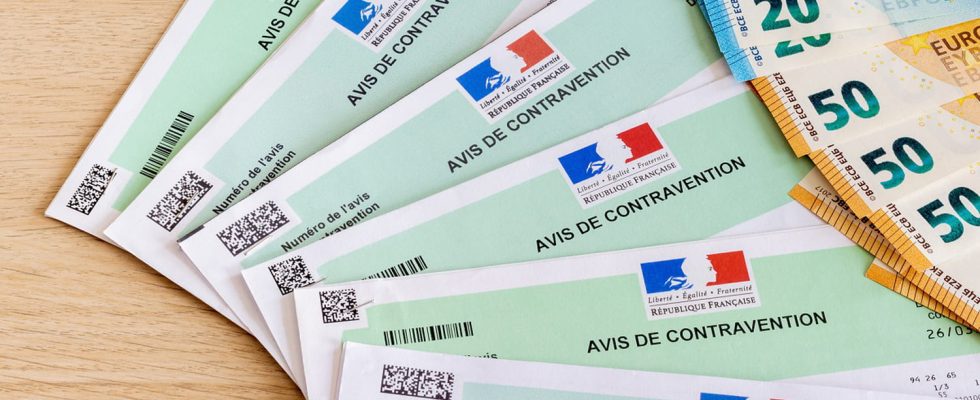Be careful if you receive a registered letter for unpaid fine! Hackers pretend to be ANTAI to siphon your personal and banking data and extract money from you. Don’t fall into the trap!
We know that scammers will stop at nothing to steal their victims’ personal and banking data, with the aim of extracting money from them. Phishing attempts are numerous, particularly through emails and SMS messages from unknown senders, but also from people deemed “reliable”. For example, cybercriminals do not hesitate to impersonate the National Agency for the Automated Processing of Offenses (ANTAI), by sending SMS messages reporting late payment of a fine (see our article). But rather than going through traditional Internet channels, some do not hesitate to send real letters to their victims. As noted by the teams of Zataz, scammers send registered letters containing false fines – which must be paid as quickly as possible – and encourage their victims to go to a site to pay them. Of course, it is a copy of the official site intended to steal their personal and, above all, banking data. And it’s devilishly effective! The singer Dave was also robbed, in a few hours, of no less than €38,000 through a scam of this type!
ANTAI registered letter: a scam larger than life
HAS At first glance, the request seems entirely legitimate given the numerous opportunities to receive a fine. The message includes all the codes of an effective scam: an argument from authority (ANTAI), an alarmist object (unpaid fine), uncertainty (you received a fine without knowing it), the urgency (you have to hurry to avoid paying more) and the fraudulent link, which refers to a site that perfectly reproduces the official site. In addition, the fact that it is an AR24 electronic registered letter gives the illusion that the mail is serious, reliable and official – the postal tool has the same legal value as the paper registered letter. Scammers take advantage of their status to allay the suspicions of the victim, who is less likely to question the legitimacy of the letter.
The address given in the letter links to a site which is a fraudulent – but successful – copy of the Government’s official web page dedicated to traffic fines. Everything is there: the government logo, the official colors, the ticket file and even payment forms almost identical to those of the organization. Even the address, “franceconnect[.]services”, is close to the official URL. Enough to fool the most vigilant drivers!
To avoid being fooled, remember to always check the sender of the registered letter, keeping in mind that government authorities do not indicate the address to which payments should be made in their letters. Also, carefully check the address of the website you are redirected to. Be careful, cybercriminals often use slight variations of the official URL in order to go under the radar, so the best thing is to go directly to the site in question. Never share your personal and banking details on a website whose reliability you are not sure. If you have any doubts, it is best to contact the organization concerned by telephone or e-mail to verify the authenticity of the message. Finally, if you are the victim of a scam of this type, report the registered mail to La Ooste AR24, ANTAI or the Pharos platform.
